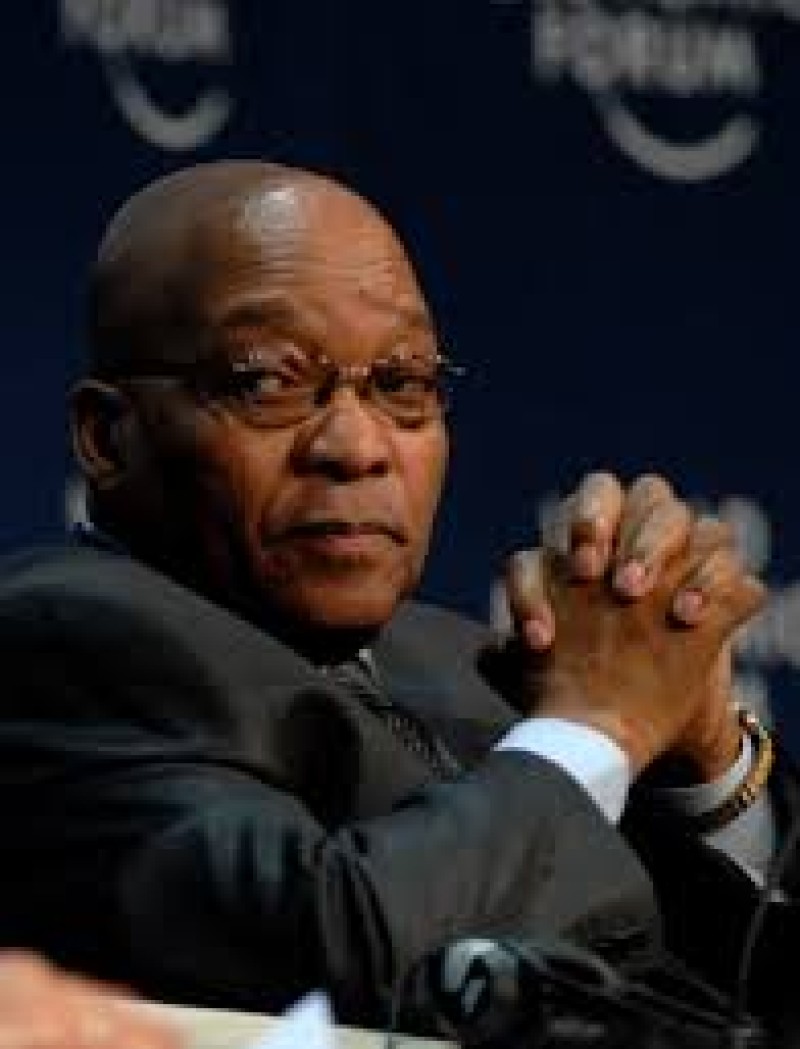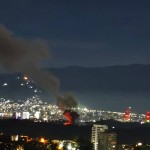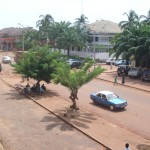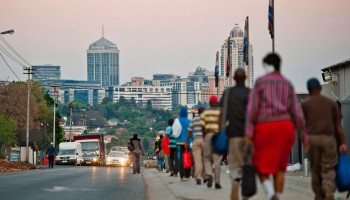The assassinations have been increasing in the country, the paper noted, marking a distinction from previous bouts of political violence that occurred in the 1990s among competing political parties. Instead, party members are paying assassins to take out those that may pose a threat to the current status quo.
It’s become a far cry from what the party of Nelson Mandela was once known for.
“If you understand the Cosa Nostra, you don’t only kill the person, but you also send a strong message,” Thabiso Zulu, an A.N.C. whistle-blower who is now in hiding, told the Times.
“We broke the rule of omertà,” Zulu explained, comparing the party to the Mafia.
Since the 2016, 90 politicians have been killed, which is two times the rate of the previous 16 years, say researchers at the University of Cape Town and the Global Initiative Against Transnational Crime, according to the Times.
The deaths have included politicians investigating various types of corruption including looking into government housing, corruption in a construction project, and a host of officials from the A.N.C who were known to be going after graft in their communities.
Those killed also include rivals jockeying for more political power. The South African countryside has seen the most intense violence because of the monopoly of power the A.N.C. has there.
An issue that has only seemed to facilitate the violence is the lack of arrests made.
“It was better before we attained democracy, because we knew the enemy — that the enemy was the regime, the unjust regime,” Mluleki Ndobe, the mayor of a district that has seen six A.N.C. politicians killed since last year said, according to the Times.
“Now, you don’t know who is the enemy.”
Officials told the Times that a fear of exposing deeply entrenched corruption in the party may fuel this inaction.
“These allegiances go all the way to the top of the party,” Makhosi Khoza, a former A.N.C. politician who works at the anti-graft group, OUTA, told the Times. “That’s why the A.N.C. is not interested in this, no matter how many murders there are.”
Recently, the A.N.C. has expressed concern over the amount of alleged corruption, vowing to “root it out.”
However, as the Huffington Post reports, some South Africans are not surprised by the corruption allegations being thrown at the ruling party. Many took to social media to express their discontent with the party’s supposed practices.
One Twitter user even accused the A.N.C. of being the epicenter of corruption in the country: “So #ANC is shocked by the level of corruption while thy cotribute abt [sic] 75% of the corruption in SA.”
Former president, Jacob Zuma, a member of the A.N.C., was forced out of office this year because of hundreds of allegations of corruption.
In Transparency International’s most recent Corruption Perceptions Index, South Africa scored 43/100, ranking 71/180 in the world.






